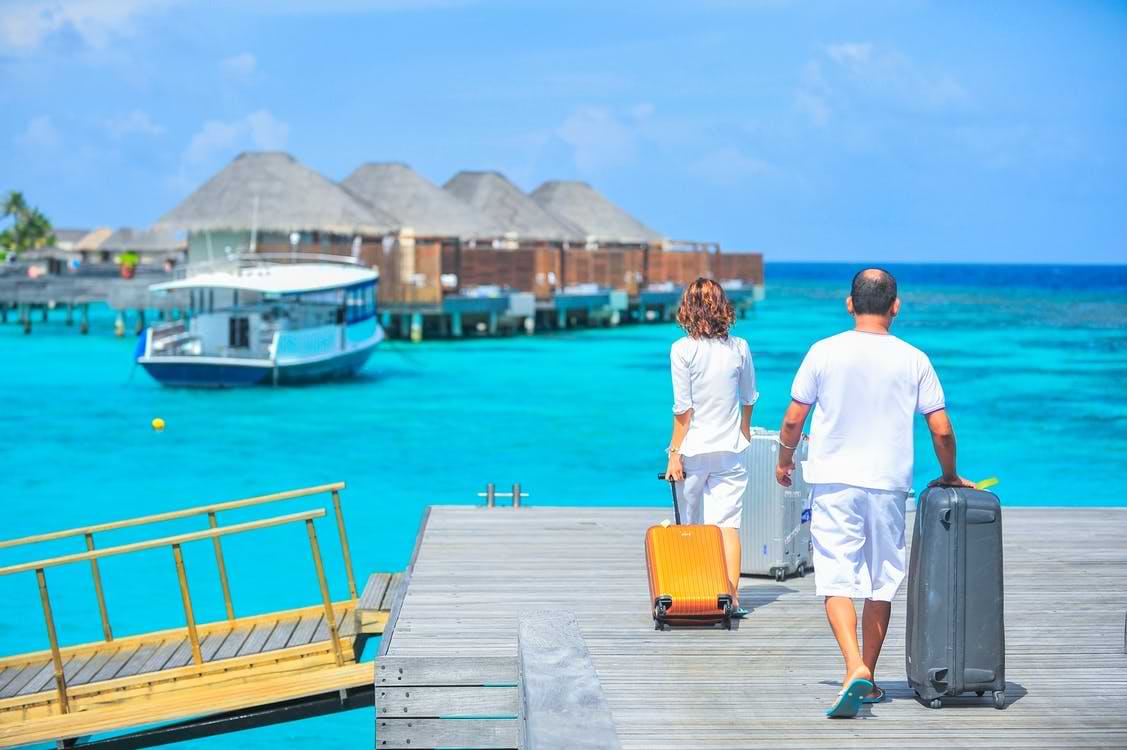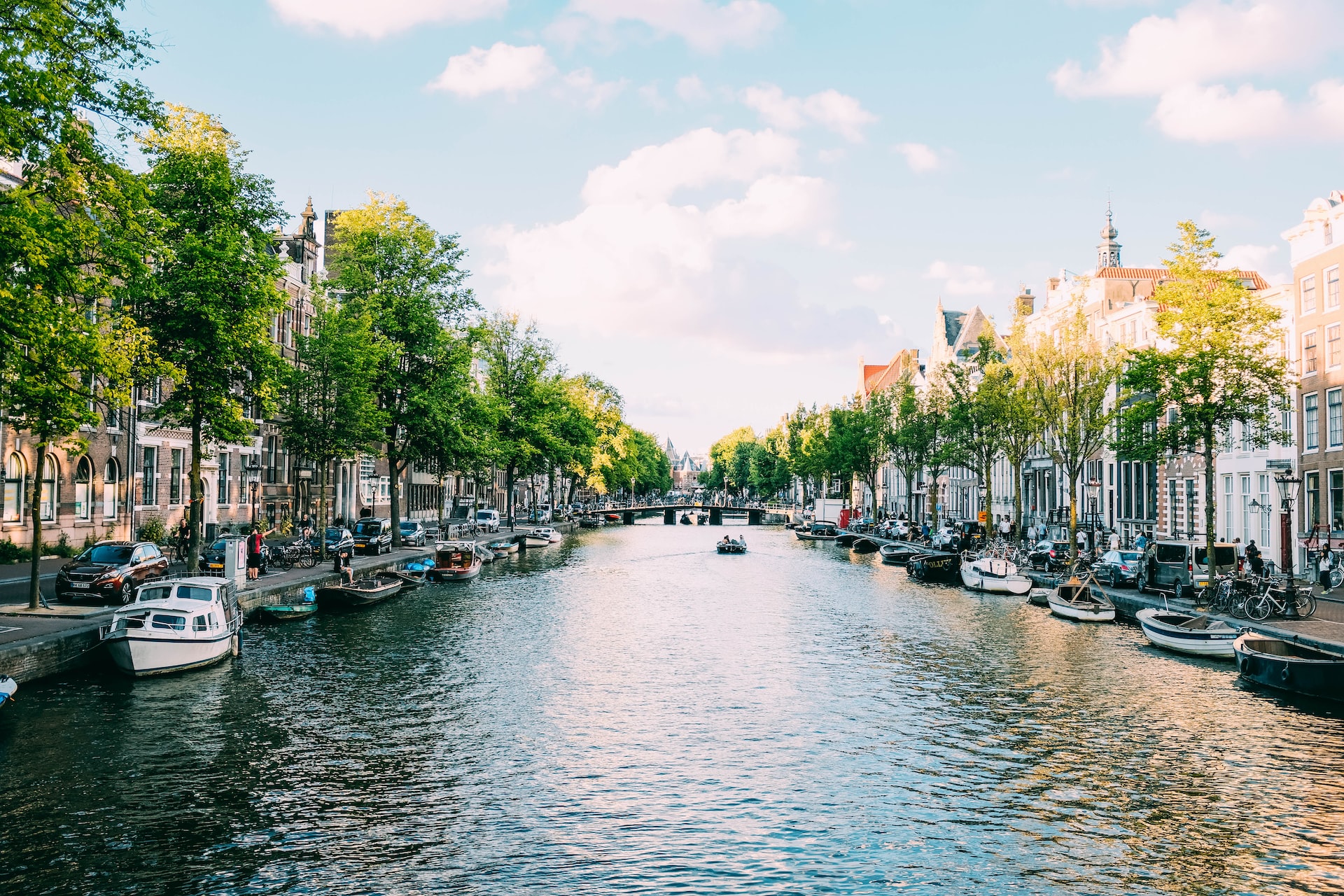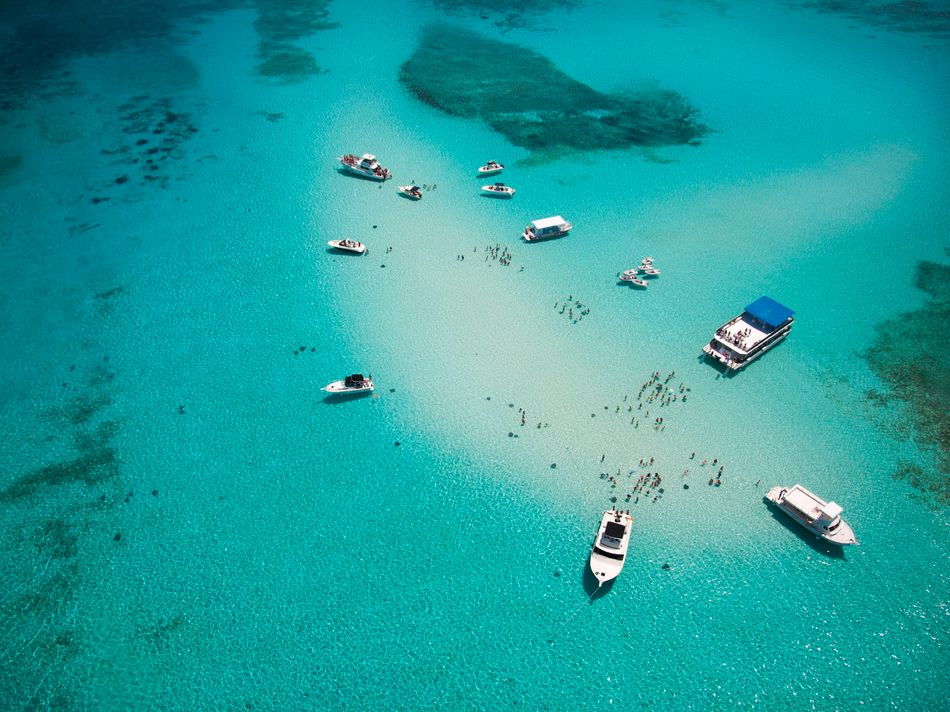How Conservation Preserve World’s Ocean For Tourism

How can conservation preserve the world’s ocean for tourism? While there are a lot of challenges to global ocean conservation, Maxwell Waitt said tourism is an essential part of the conservation puzzle. This article examines the Blue Economy and the impacts of eco-tourism and shark tourism on the ecosystem and local economies. Here are some ways to support the cause of conservation and enjoy the benefits of tourism. We hope you find it informative and useful.
Blue Economy
With two-thirds of the earth’s surface covered by water, it is no surprise that the ocean is important to our economy. It is massive, resilient, and can heal itself. However, due to human activities, the ocean is losing its biodiversity,90 percent of the world’s coral reefs are predicted to die by 2050. In addition, with the growth of the global middle class, tourism is on the rise. The United Nations World Tourism Organization reports that there were 1.3 billion international traveler trips worldwide in 2017, and by 2030, it is projected to grow to 1.8 billion. The ocean is a vital part of tourism, and conservation is the key to preserving it.
The economic value of the ocean cannot be overstated. It is an important source of energy and trade, with a global blue economy worth up to $2.5 trillion. However, a recent coronavirus crisis has forced shipping to decline by as much as 30 percent in some areas. Moreover, it significantly affects tourism – it may lose $7.4 billion this year alone. As a result, some politicians even call for a “Blue New Deal” – a policy to tackle climate change and create jobs by protecting the ocean.
Impact of eco-tourism on local infrastructure
The benefits of eco-tourism outweigh the costs. While eco-tourism provides direct employment in the form of accommodation rentals for visitors, sales of handicrafts, and increased business for local retailers, the negative impact on local infrastructure is also apparent. It discourages using traditional resources such as wildlife and forest and limits the transfer of rural surplus labor. The influx of tourists also threatens the local economy, which is why governments must regulate and encourage eco-tourism while at the same time protecting traditional culture.
The impact of eco-tourism on local infrastructure depends on the scale of tourism. Eco-tourism involves a lot of investment in infrastructure and other aspects of the local economy. In many cases, ecotourists are more aware of the environment and culture, thereby contributing to the overall development of a community. Moreover, the tourists are more satisfied with the quality of the service and the experience they receive than mass tourists.
Impact of coral reef tourism on the overall global ecosystem
Coral reefs have multiple indirect benefits for humans. For example, they generate revenue for coastal towns through tourism. However, these benefits are largely dependent on the health of the reef. In addition to providing employment opportunities, reefs provide vital protection against storms and flooding, eliminating the costs of costly man-made defenses. Therefore, sustainable reef tourism can boost local economies and protect the environment. Coral reefs are important ecosystems for many reasons, including supporting fisheries, shoreline protection, and subsistence. They also provide many useful compounds to scientists and are the “medicine chests” of the 21st century.
Impact of shark tourism on the overall global ecosystem
The impact of shark tourism on the overall global ecosystem is complex, and some critics argue that the industry is not designed in collaboration with local communities. Although some shark tourism programs follow strict guidelines and are ethical, some may not. Regardless of the case, implementing strict guidelines can help minimize the impacts and provide tourists with a safe, educational, and enjoyable experience. And in the long run, eco-tourism will help the local economy, too.


































